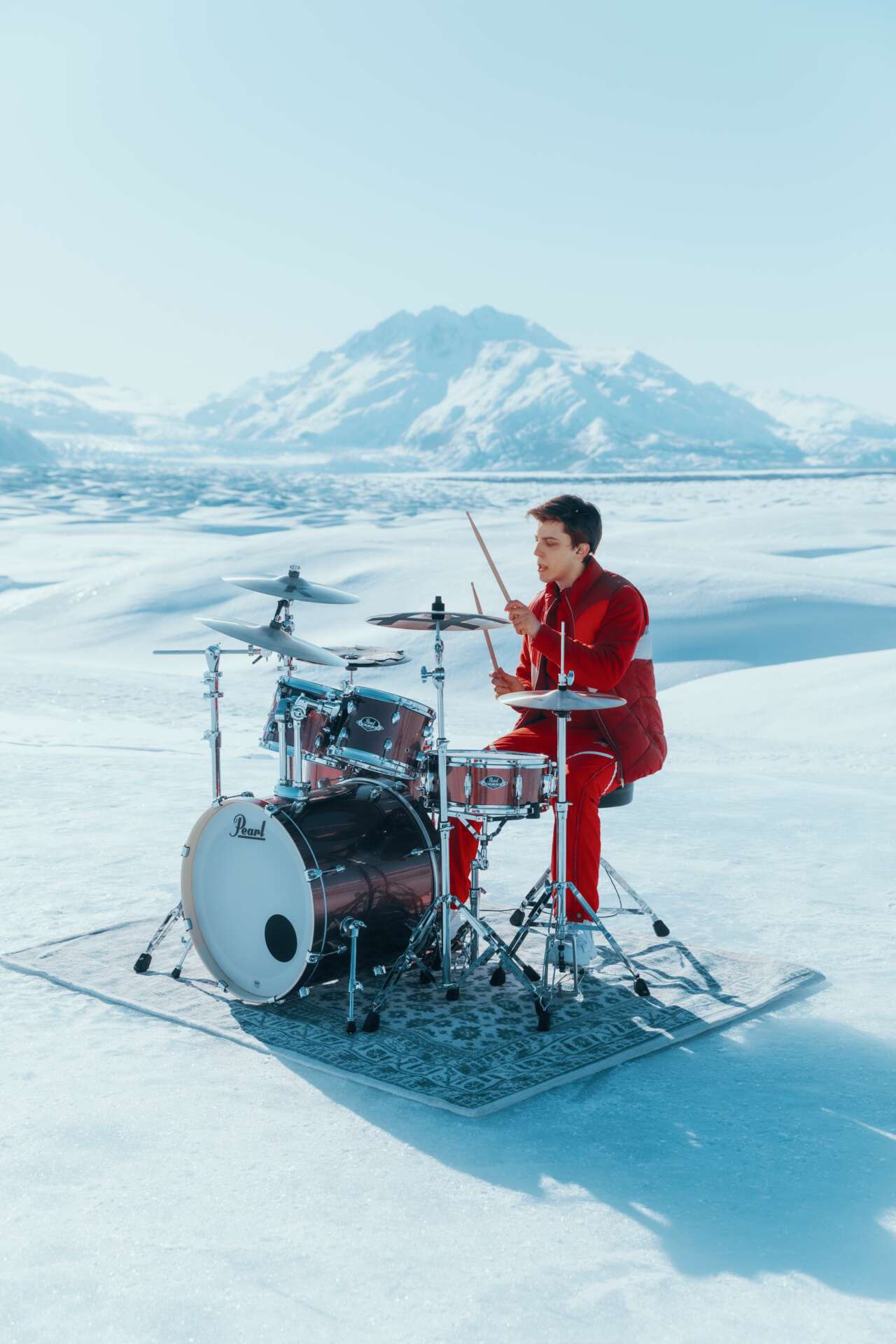We recently connected with Elijah Stavely and have shared our conversation below.
Elijah, appreciate you joining us today. Are you happy as a creative professional? Do you sometimes wonder what it would be like to work for someone else?
I think all artists or creatives or even those without “regular jobs” wonder what it’d be like to live that sort of lifestyle. One of my favorite things is budgeting and organizing my calendar, agenda, to-do list, etc. and while it certainly isn’t boring having an ever-changing budget with varying income, expenses, or such a sporadic schedule, I do wonder what it’d be like to have a fixed foundation. To know that your income is X, your expenses are Y, and what to do with what’s left over. To know that *these* days of the week you’re working *these* hours, so any time beyond that you can schedule your workout, your time off, your laundry days. Psychologically especially I think it would provide an incomparable feeling of clarity, based on what I know about my current lifestyle.
The road block I run into every time I let that train of thought run it’s course, though, is the ceiling that lifestyle comes with. Not necessarily in regards to how much money you make, or how much time off you have, or the people you have in your life, but a culmination of the maintenance that comes with it. You might think “I’ll work a regular job, and I’ll make plenty of money and be sure to take time off for the things I truly love”, but soon realize that the upkeep for that lifestyle will drastically outweigh your passions. You’ll make plenty of money, but you’ll naturally want to upgrade your house, your car, your vacations. You’ll have your time off, but you’ll need to rest, tend to your home, water the plants, host evenings with friends. That foundation that you’ve dreamed of may be fixed, but you’ll see it creep into all areas of your life and you’ll see your passions fall by the wayside.
All in all, life is about balance, and while I have plenty of greener-grass thoughts, I know that if I really structured my life that way, while it would be unambiguous, it would be imbalanced.

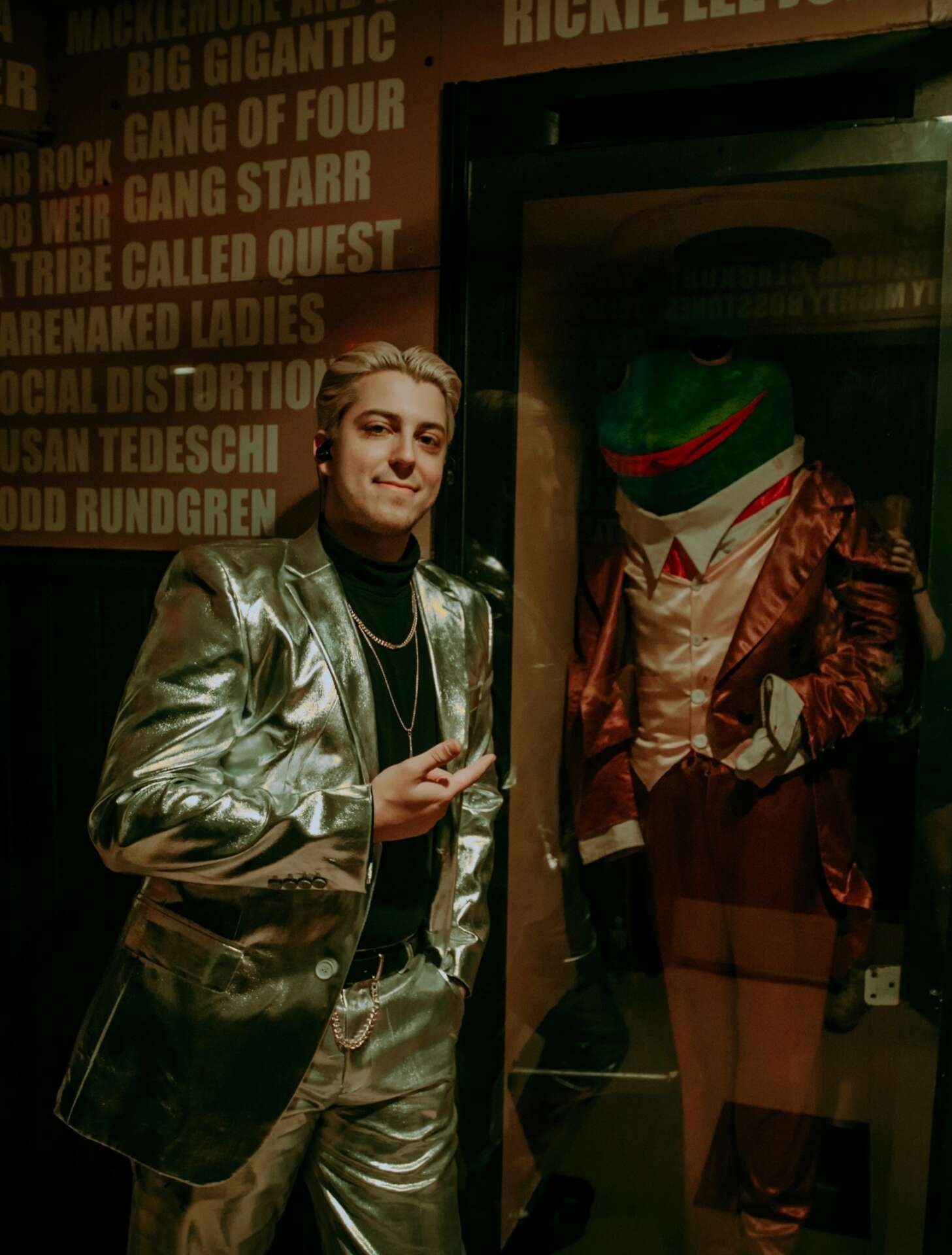
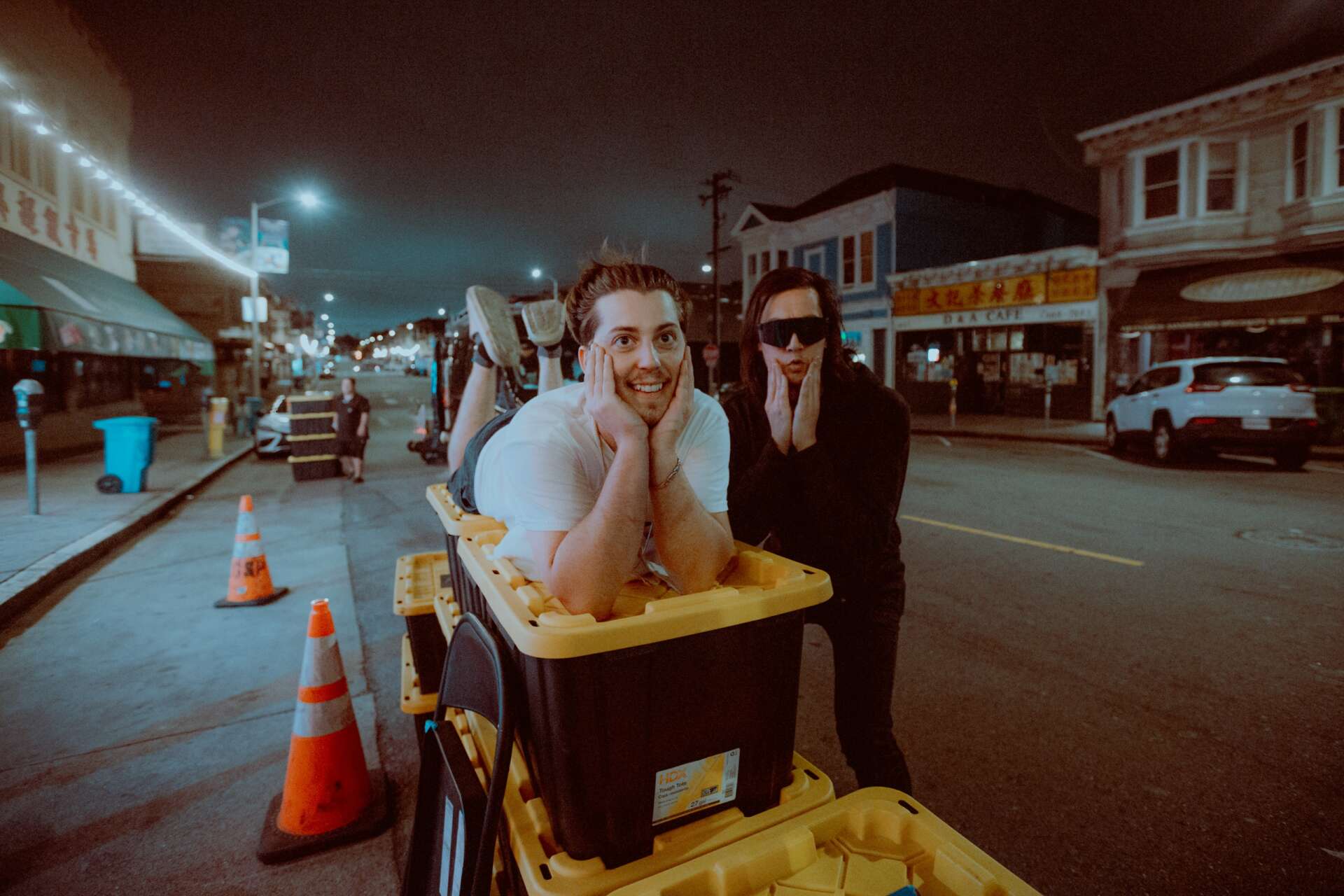
Elijah, love having you share your insights with us. Before we ask you more questions, maybe you can take a moment to introduce yourself to our readers who might have missed our earlier conversations?
I’m a musician living in Los Angeles (truly one of a kind), freelancing as a drummer in the pop, rap, and r&b scenes. I’m from a small town in Kentucky, grew up playing video games all hours of the day and fell in love with the game Rock Band in particular. Started with the guitar, thought to try lessons but it didn’t stick. Switched over to drums and thought to try lessons for that as well, then thought about getting a better Rock Band drum set, then a real drum set, and that’s all it took. No joke I probably spent over 300 days a year for several years playing the drums and learning everything I could along the way. Any time I wasn’t drumming was spent online watching drum covers, tutorials, lessons, live shows, drum solos, anything I could watch (huge shout out to Drumeo especially).
I started recording some drum covers of my own that I’d put on YouTube so I could set some personal goals and work towards them, and put myself out there as a drummer (small town Kentucky doesn’t have the biggest music scene). Shortly thereafter I did a cover of a song that the the band I covered saw (Hail the Sun), and they liked it enough that they invited me out to a show to perform it live with them. I ended up going to two shows on the tour they were doing, and playing both times. I stayed in touch with them for the next couple of years, and then got the opportunity to move out to LA right after I graduated, and they invited me to start touring with them.
They gave me a foundation for everything pertaining to the music industry, Donovan especially, and I continued to learn and grow from there. I’ve got to do so many things I’m proud of from touring nationally and internationally, to session work in historic studios on Sunset boulevard, to playing major festivals, to filming a music video on top of a glacier in Alaska. I’ve been grateful to do so much, and like the rest of us the pandemic was probably the most difficult time for me to date as things came went from a screeching halt to slow moving. Everything now has picked back up and this past year I was able to get back to touring and gigging fairly consistently, even getting contracted to showcase gear for a company at NAMM for my first time, which was always a goal of mine.
I’m continuing to learn things daily about all the different paths I’d like to take and the essentials required for those paths, and I know I’m setting myself up to do the things I want to do because I’m quick to learn, and not just willing to learn, but asking to learn. I’m as hungry as I’ve ever been for this, and I’m happy with where I am and where I’m headed because I know good things are coming my way; I’ve made sure of it.
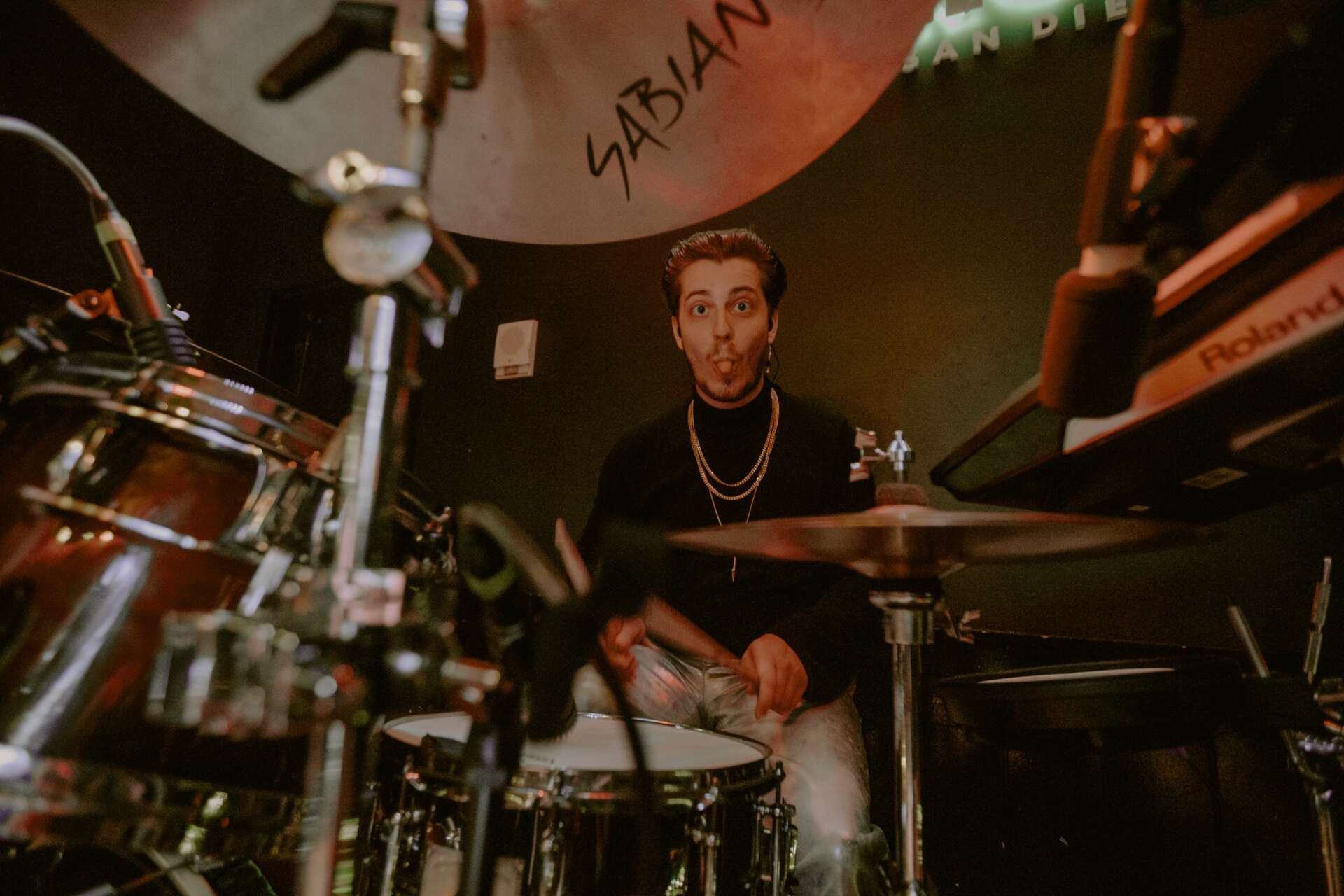
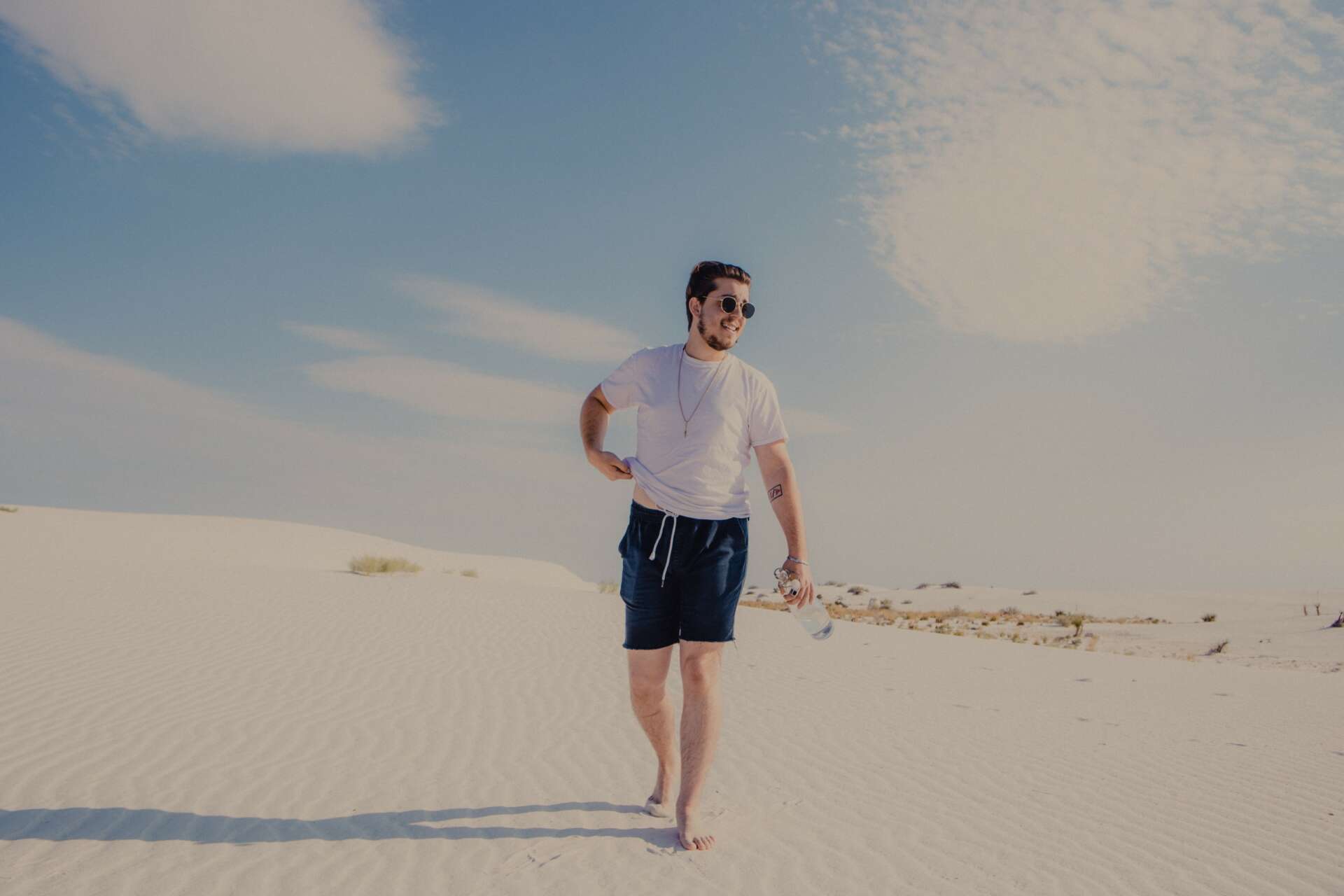
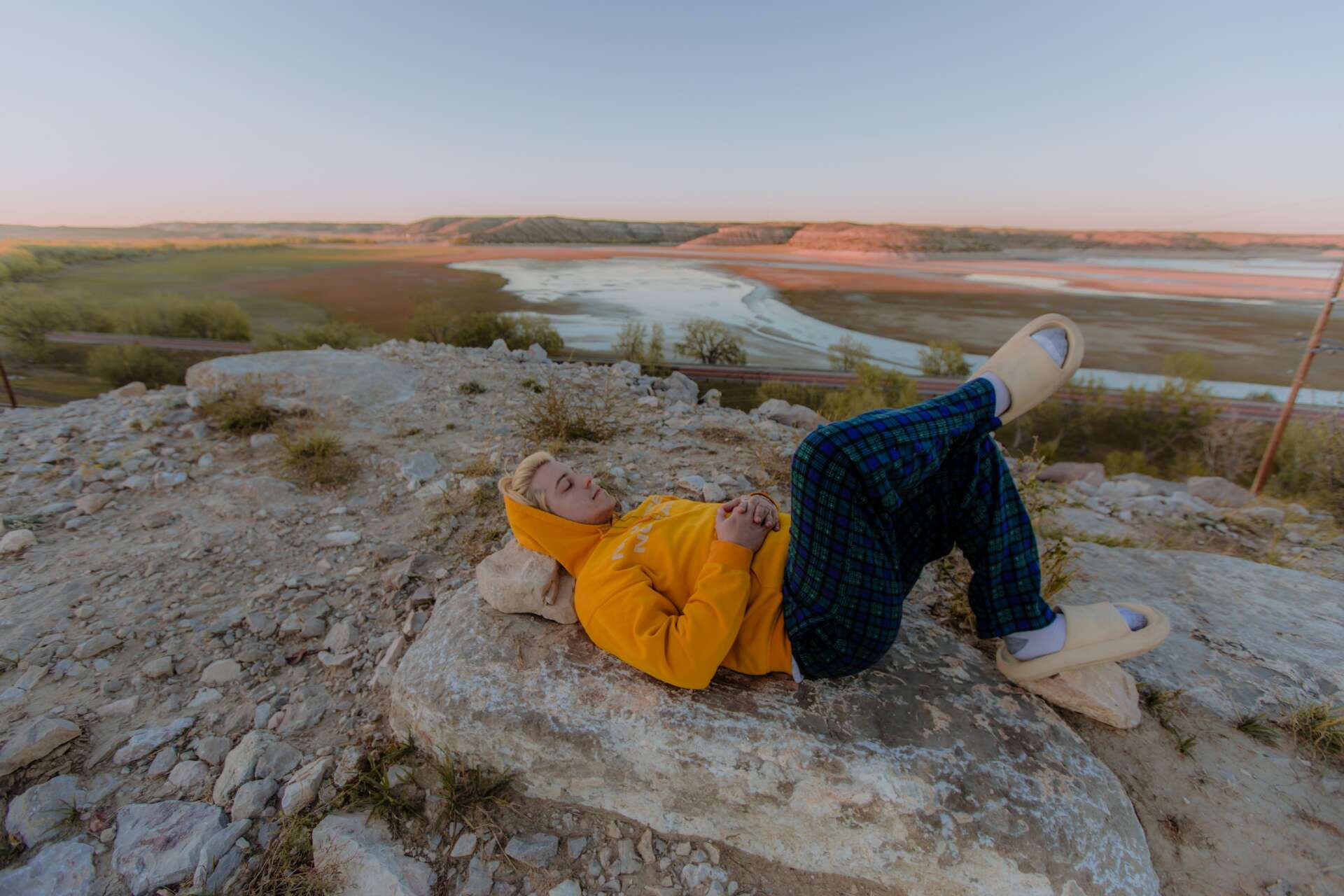
Are there any books, videos, essays or other resources that have significantly impacted your management and entrepreneurial thinking and philosophy?
“You can fail at what you don’t want, so you might as well take a chance on doing what you love.”
Jim Carrey gave a university graduation speech almost a decade ago now, and in it was singlehandedly one of the most impactful things I’ve ever heard. I didn’t think much of it, but I saw lots of people I knew and didn’t know posting about it, so I thought I’d see what the hype was about. In it, he talks about the things you would expect like what life is really like past school, addressing some of the self doubt that anyone in that position might have, and things of that nature. But in a very calm and matter-of-fact manner, he recalls a story about his father and watching him go through life. He talks about his fathers potential as a comedian, but his apprehension to pursue it. He mentions his father getting a stable job, thinking it was the most responsible one he could make, but in the midst of Jim Carrey’s childhood, his father losing that job, and their family struggling. He wraps up the story as succinctly as possible with the quote above, and the impact it had on me was palpable.
It’s important to remember that there are downsides to everything, nothing in this life is guaranteed, and even when you’re counting cards you can hit 22.
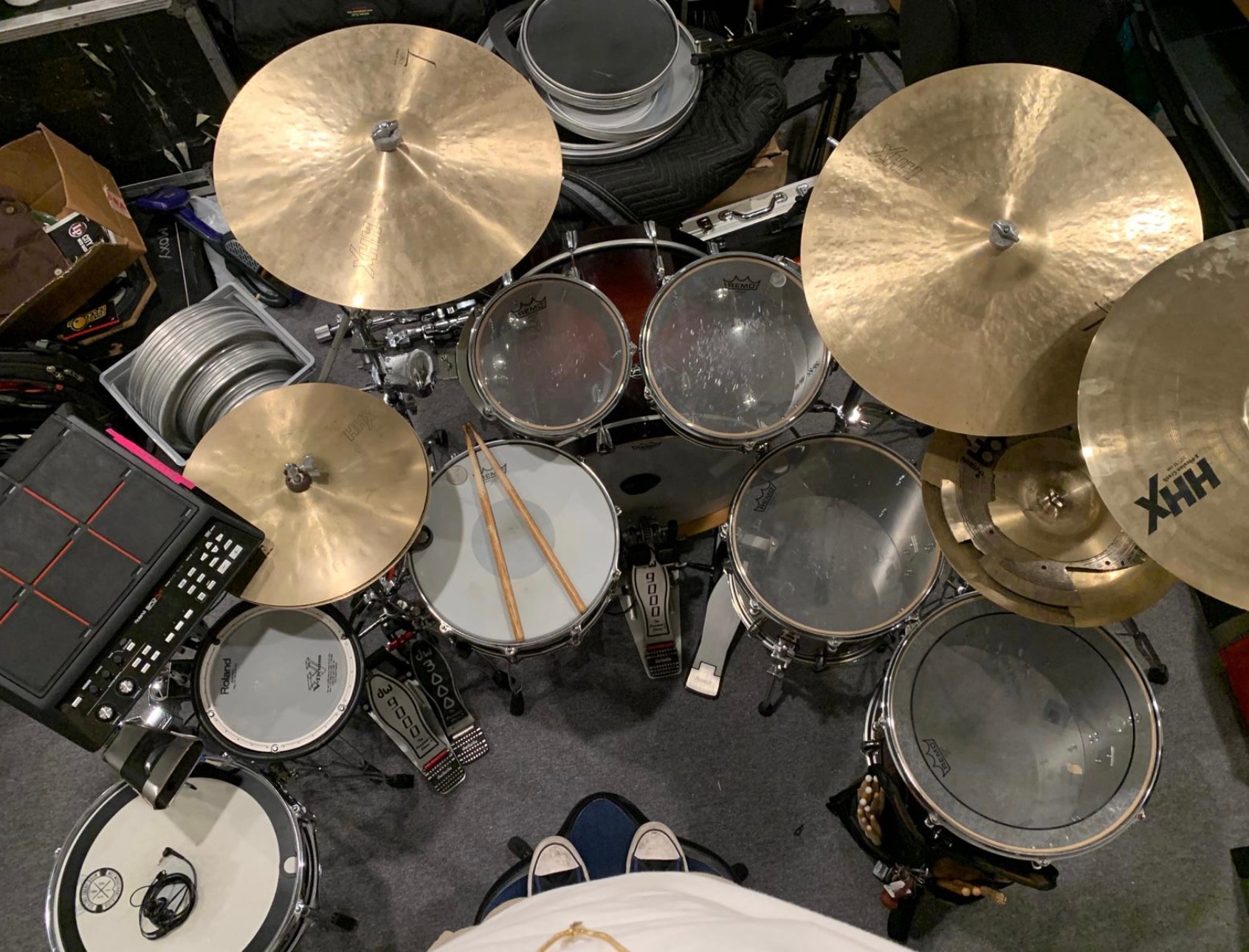
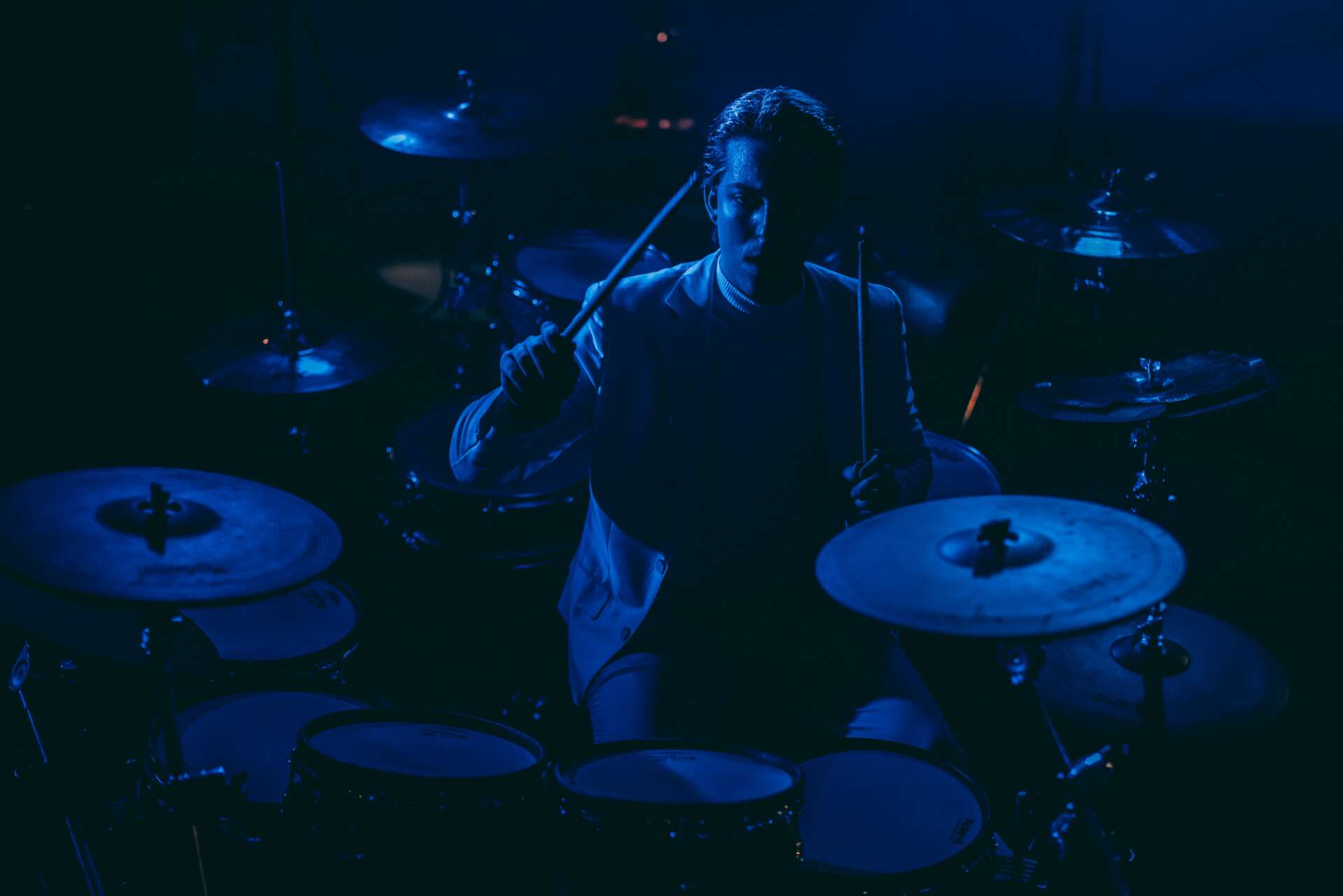
Looking back, are there any resources you wish you knew about earlier in your creative journey?
I learned slowly but surely when someone shows you how to do something creatively, almost always they’re showing you one way of doing something. There are a minuscule amount of tools or techniques that are so unique to a situation that there are just no alternatives, and because of that it’s important to note that every time you’re learning something there’s 3 things to keep in mind; there are likely better ways, worse ways, and ways that have the same amount of impact. Some of the greatest creatives are born from simply having learned so many of the ways to go about doing things, they can ascend into creating new ways of doing things, simply derived from what they’ve learned previously. Going from “it’s simple, *this* is how you do it” to “it’s simple, this is *one* way of doing it” has helped me continue to adapt and learn what’s at my disposal when I inevitably have a problem to solve.
It’s also important to note that when I refer to a “good” way of doing something, and a “bad” way of doing something, what I mean is; you have a clear cut end goal you want to achieve and you need to determine how to achieve it. If you need to clean your kitchen, you could certainly sweep and mop the floor, put the dishes in the dishwasher and wait for those to get done, and then put those away and clean the sink. Or, you could load the dishwasher first, then clean the sink while those are running, put them away once you’ve finished with the sink, and then sweep and mop the floor. You’ve accomplished the same end result and done it in a much more timely and efficient manner. But when it comes to creating something, making art or music or something a bit more intangible, then it’s not always in your best interest to follow the most efficient route, or focus on good or bad. If you’re always doing things with intention, though, there shouldn’t be a misinterpretation.
Contact Info:
- Website: elijahstavely.com
- Instagram: instagram.com/elijahstavely (@elijahstavely)
- Youtube: YouTube.com/StavelyDrums
- Other: twitch.tv/StavelyDrums
Image Credits
Holly Turner (@hollyturnerphoto) Lishen Ye (@liishenn) Dario Garcia (@dariogarciaphotography)


